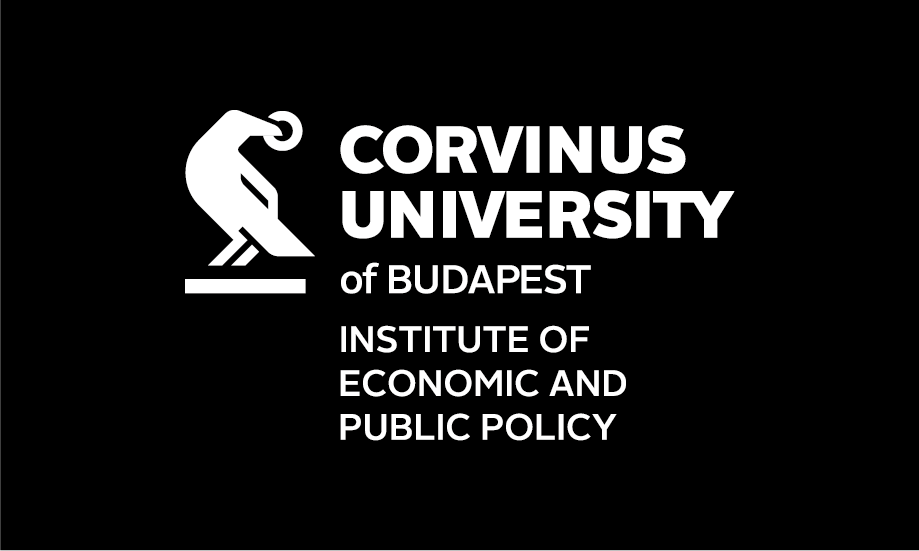Thank you for your message. The IPPA team will get back to you shortly. You first need to login here.

Local organizers
Meet IWPP3's local organizers
Corvinus University of Budapest
Corvinus University of Budapest has a 120-year history and is the leading university in Hungary in Business and Management, Economics and Social Sciences. We are one of the most prestigious European research universities. We have around 12,000 students, of which, approximately 2,000 are international. The university has approximately 300 partner institutions and achieves international recognitions and awards regularly in the ranking of higher education institutions.
In Business, our AMBA and EQUIS accreditations arguably place us in the top 2% in the world.
Studying in Budapest, the commercial and cultural capital of Hungary offers significant benefits. English is well spoken. Budapest is an affordable, safe and exciting place to live - well connected with other capitals of Central Eastern Europe. The city attracts thousands of international students and millions of tourists annually. There are hundreds of multinational companies with headquarters in the city looking to recruit talented graduates.
More information about the Corvinus University of Budapest: https://www.uni-corvinus.hu/?lang=en

Centre for Social Sciences
The Centre for Social Sciences was founded by the Hungarian Academy of Sciences with its founding charter guaranteeing that its research is carried out without political influence. The Centre comprises four institutes: Institute for Political Science, Institute for Minority Studies, Institute for Legal Studies, Institute for Sociology, and other research units, with scientific staff of about 200 Hungarian and foreign researchers.
The research activities of the Centre are concentrated on sociology, political science, computational social science, network science, minority studies, and law. Besides fostering explorative and innovative international research, the Centre addresses vital questions that pertain to Hungarian society. The Centre’s aims include increasing international visibility, playing a prominent role in regional social science research and being a point of reference in Hungary.
The Centre publishes six journals, two of them ranked by SCOPUS, and has an expanding international publication portfolio in highly ranked international journals and publishing companies with a 50% increase in the number of publications compared to the previous year. A rigorous research performance evaluating system was launched in 2013 with a focus on international publications.
The Centre is active in applying to and managing European research projects, with special attention to the H2020 framework. In 2018, the H2020 RIA project DEMOS, led by the Centre as a Coordinator, won a EUR 3 million grant from the European Commission. The Centre hosts one of the few ERC Consolidator Grants in social sciences awarded to research institutions in the CEE region in the past five years (EVILTONGUE). Additionally, the Centre participated in H2020 projects as a WP leader (QUINNE and COURAGE), and took part in a variety of FP7 projects (e.g., MIME, MOPACT, FAMILIES & SOCIETIES, FIDUCIA, and PROSUITE), COST actions, and Visegrad grants. The Centre is part of the European Social Survey (ESS) as Europe-wide research infrastructures. Currently the Centre operates 74 international and national research projects.
Special emphasis is given to developing a professional research administration team competent in proposal writing and management of international grants. The members of the Centre’s administration receive domestic and international training and play active roles in international research management networks, such as EARMA and BESTPRAC.
The Centre operates an open access repository for research data and provides consultations for its researchers on GDPR and data management as well as an ethics committee for ethics screening and approvals.
In 2017 CSS has moved to brand new research premises that provides the latest infrastructure for effective research work, including an in-house conference venue, meeting facilities, video conference equipment and modern office space. As a result of a large-scale development of research infrastructure over the past years, the computational equipment of CSS is adequate for conducting large-scale projects heavily dependent on data storage and processing (10+ TB storage, IBM blade server cluster, set of various smart devices for data collection, software).
More information about the CSS: https://tk.hu/en





